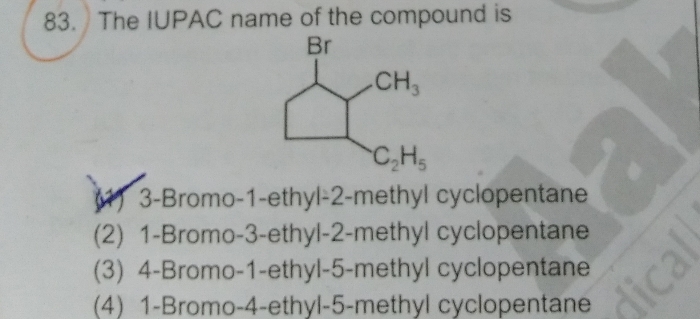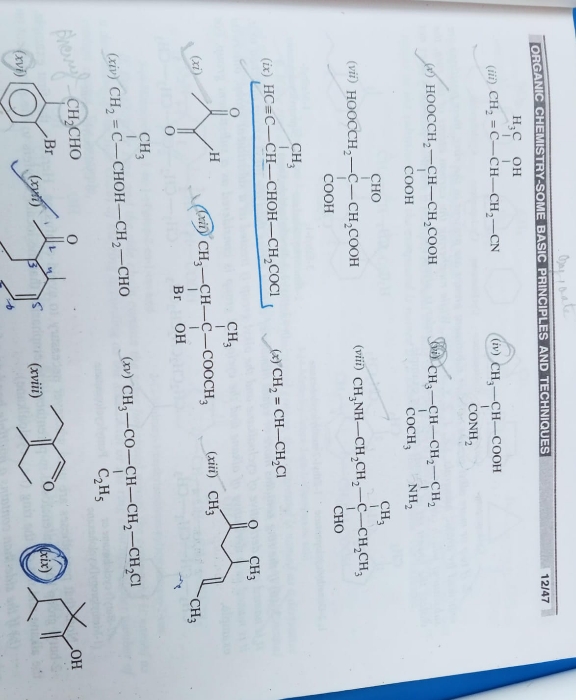CBSE Class 11-science Answered
Generally aldehydes are most reactive then ketones towards nucleophilic reagents .This holds true for acetaldehyde and acetone as well ,which is due to: a) steric effect b) inductive effect c) mesomeric effect d) both a and b
Asked by Malik Tariq Ul Islam | 01 Apr, 2011, 04:43: PM
Dear Student
Aldehydes are less sterically hindered than ketones. Also, aldehydes have fewer electron donating groups (EDG's) which can stabilize an electron-poor area. The extra carbon chain that ketones have that aldehydes do not have are the reason for both of these things. The neighboring carbon to the carbonyl carbon is an EDG and the carbon chain causes steric hindrance.
We hope that clarifies your query.
Regards
Team
Topperlearning
Answered by | 03 Apr, 2011, 05:17: PM
Concept Videos
CBSE 11-science - Chemistry
Asked by josephineanto1960 | 28 Mar, 2024, 12:50: PM
CBSE 11-science - Chemistry
Asked by neet2025targetgo | 25 Mar, 2024, 10:13: AM
CBSE 11-science - Chemistry
Asked by ap4450962 | 12 Mar, 2024, 07:35: PM
CBSE 11-science - Chemistry
Asked by pamjat.8888 | 31 Jan, 2024, 11:31: AM
CBSE 11-science - Chemistry
Asked by sahumahesh3973 | 20 Jan, 2024, 06:33: PM
CBSE 11-science - Chemistry
Asked by aswintj2007 | 07 Jan, 2024, 08:53: PM
CBSE 11-science - Chemistry
Asked by dipalisingh0908 | 05 Nov, 2023, 02:24: PM
CBSE 11-science - Chemistry
Asked by badalbehera258369 | 19 Oct, 2023, 02:01: PM
CBSE 11-science - Chemistry
Asked by prakrutikhosla | 16 Sep, 2023, 06:31: PM
CBSE 11-science - Chemistry
Asked by shahintkjnv2016 | 13 Jun, 2022, 07:17: PM











